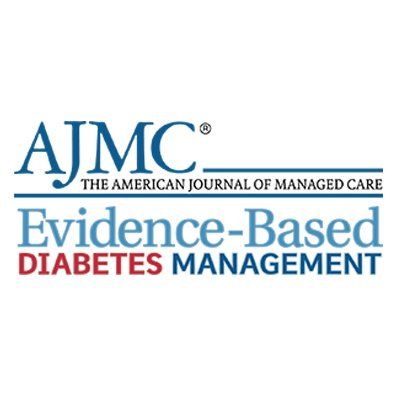- Center on Health Equity & Access
- Clinical
- Health Care Cost
- Health Care Delivery
- Insurance
- Policy
- Technology
- Value-Based Care
How Prepared Is the United States for the Transition of Insulins to Regulation as Biologics?
From The Center for Biosimilars®, a discussion of a regulatory change coming in 2020: Insulins have always been biologics from a scientific perspective, and the products themselves will not change as a result of bringing them under regulation as biologics as a matter of law. However, labeling for these products will change.
Within the Biologics Price Competition and Innovation Act, passed as part of the Affordable Care Act, is a provision of 7002(e) that stipulates that some products previously regulated under the Food, Drug, and Cosmetic (FD&C) Act would be allowed a 10-year transition period before being deemed to be licensed under the Public Health Service (PHS) Act.1 That transition period will expire on March 23, 2020; at that time, approved applications for biologics, including insulin products, that were originally approved under the FD&C Act will be treated as though they were licensed under the PHS Act.
Although drug makers who sell insulin in the United States have had the past decade to prepare for this transition, stakeholders within the diabetes community must grapple with the potential effects this regulatory change could have. In August, an opinion published in BioDrugs laid out the key considerations related to the transition.
Insulins have always been biologics from a scientific perspective, and the products themselves will not change as a result of bringing them under regulation as biologics as a matter of law. However, labeling for these products will change, and patients and their healthcare providers must be made aware of this fact. According to the authors, while the FDA has indicated that the labeling changes will be minimal in nature, questions remain as to whether the same insulin product could be allowed on the market with 2 labels at the same time as products make their way through the supply chain. Removing products with older labels from sale would result in considerable wastage of insulin, and this could create concerns among patients with respect to their supplies of this crucial drug.
Additionally, the potential for interchangeable biosimilar insulins will eventually raise questions about substitution at the pharmacy level. However, interchangeability will not be possible immediately given that all insulins will be designated as stand-alone products as of March 2020. None will be deemed biosimilars, even those that were approved as follow-ons, such as the follow-on insulin glargine, Basaglar, which references Sanofi’s Lantus.
The authors also point out that the transition could delay the availability of interchangeable insulins; in addition to the so-called regulatory “dead zone” for insulin applications, which has been described elsewhere, the authors note that an interchangeable designation can only be pursued for a product already designated a biosimilar by the FDA; since no insulins will be biosimilars as of the transition date, no interchangeable designations can be sought for these products until biosimilars are approved.
“Consequently, the rolling over of the current biologics is likely to delay the availability of interchangeable insulin products,” they write.
Given the potential for patient and provider confusion, the authors call on the FDA to educate all impacted stakeholders. “The need to reconcile the information seen by patients on their medicines with that recorded in formal medical records and drug tracing systems is clear,” they write, but it is not yet clear that these needs have been fully evaluated and planned for at the regulatory level, and questions remain as to whether competition and access will be hindered—rather than facilitated—by the regulatory rollover.
References
- Davio K. FDA outlines new plans for biosimilars in 4 guidance documents and proposed rule. Center for Biosimilars® website. centerforbiosimilars.com/news/fda-outlines-new-plans-for-biosimilars-in-4-guidance-documents-and-proposed-rule . Published December 12, 2018. Accessed August 21, 2018.
- George K, Woollett G. Insulins as drugs or biologics in the USA: what difference does it make and why does it matter? [published online August 6, 2019.] BioDrugs. doi: 10.1007/s40259-019-00374-1.
- Lassman S. Follow-on biologics and the regulatory dead zone. Center for Biosimilars® website. centerforbiosimilars.com/interviews/scott-lassman-followon-biologics-and-the-regulatory-dead-zone. Published January 10, 2018. Accessed August 21, 2019.

Building Trust: Public Priorities for Health Care AI Labeling
January 27th 2026A Michigan-based deliberative study found strong public support for patient-informed artificial intelligence (AI) labeling in health care, emphasizing transparency, privacy, equity, and safety to build trust.
Read More
Motivating and Enabling Factors Supporting Targeted Improvements to Hospital-SNF Transitions
January 26th 2026Skilled nursing facilities (SNFs) with a high volume of referred patients with Alzheimer disease and related dementias may work harder to manage care transitions with less availability of resources that enable high-quality handoffs.
Read More
